On Monday, Sen. Mark Warner revealed that federal agencies like the FBI and CISA restarted discussions with major tech platforms to tackle disinformation as the 2024 presidential election approaches. Warner revealed in a briefing at the RSA Conference that talks between agencies and social media firms resumed around the same time the Supreme Court heard arguments in Murthy v. Missouri, a case initiated in the Fifth Circuit appellate court last July.
The lawsuit, brought forth by Missouri’s former Attorney General Eric Schmitt, alleges that federal agencies, including the Cybersecurity and Infrastructure Security Agency (CISA), pressured platforms to remove content related to vaccine safety and the 2020 presidential election results, thereby violating First Amendment rights.
Confirming Warner’s statements, an FBI representative emphasized the agency’s commitment to countering foreign influence in elections and facilitating information sharing with social media companies. Although Director Jen Easterly is set to participate in an upcoming “Election Security” hearing, CISA declined to comment on its discussions with tech firms.
The Supreme Court is expected to rule on whether agencies have the authority to engage in communications with social media companies regarding potential disinformation. Warner noted that several justices appeared to favor the executive branch’s position during the hearings, emphasizing the importance of voluntary communications between the government and social platforms, particularly in addressing election interference attempts similar to those by Russia in 2016.
Warner’s committee plans to hold a hearing on election security in the coming weeks, initially postponed due to GOP efforts to impeach Homeland Security Secretary Alejandro Mayorkas. The senator expressed concerns about potential threats to election integrity, citing the need to address reductions in content moderator staff at social media companies and the risk of violence against election workers.
Furthermore, Warner highlighted the use of artificial intelligence tools in election disruption efforts globally, emphasizing the importance of countering foreign interference. The U.S. has been actively engaging in diplomacy to deter election interference, with officials warning major adversaries like China against intervening in domestic election processes.
Nathaniel Fick, the cyberspace and digital policy ambassador, emphasized the significance of diplomatic discussions with China on election dynamics, stressing the U.S. stance against interference in its democratic processes.
As the election draws closer, the resumption of talks between federal agencies and social media platforms underscores the ongoing efforts to safeguard election integrity and combat disinformation in the digital sphere.
Despite inquiries, neither the FBI nor CISA disclosed when they resumed talks or identified the specific companies involved. Additionally, they provided no clarity on how they define “disinformation” or which federal agencies collaborate on these efforts.
The issue of government-induced censorship is central to Murthy v. Missouri, where allegations assert that federal pressure on social media firms violates the First Amendment. U.S. District Court Judge Terry Doughty’s preliminary injunction and the Fifth Circuit’s subsequent ruling upheld a block on government-Big Tech collusion. However, the Supreme Court lifted the injunction, allowing censorship operations to resume pending a final ruling expected this summer.
Government-Big Tech collaboration to suppress online speech, especially surrounding Covid-related topics, has faced scrutiny. Emails revealed a CDC-Facebook partnership to combat “misinformation.” Additionally, CISA facilitated meetings between tech firms and law enforcement to address online misinformation, notably before the 2020 election.
Further revelations from a House Republican report exposed the extent of CISA’s censorship efforts, including collaboration with Stanford University to censor online speech, raising concerns over potential First Amendment violations and government overreach.
As the battle against online “disinformation” intensifies, questions persist over the balance between combating harmful content and safeguarding free speech rights online.
SOURCE: NEXTGOV/FCW

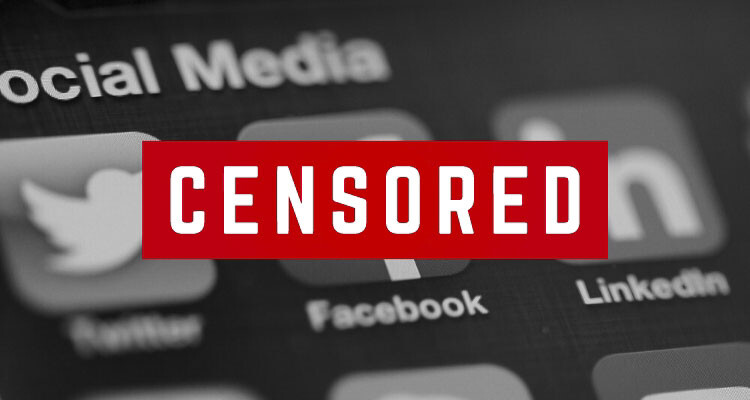
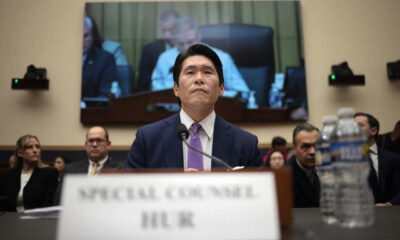

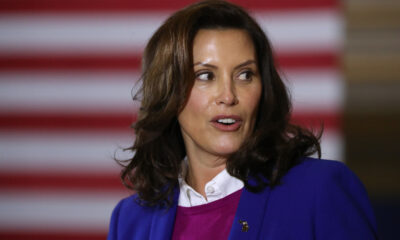

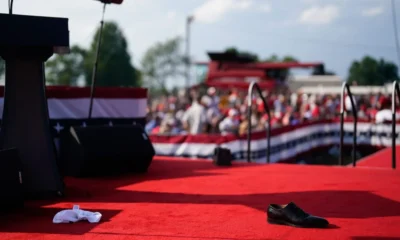

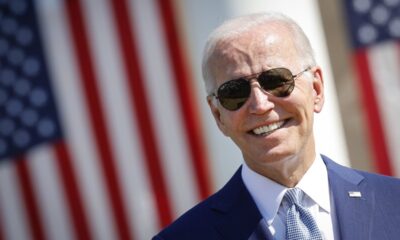

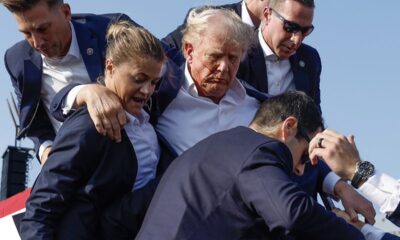



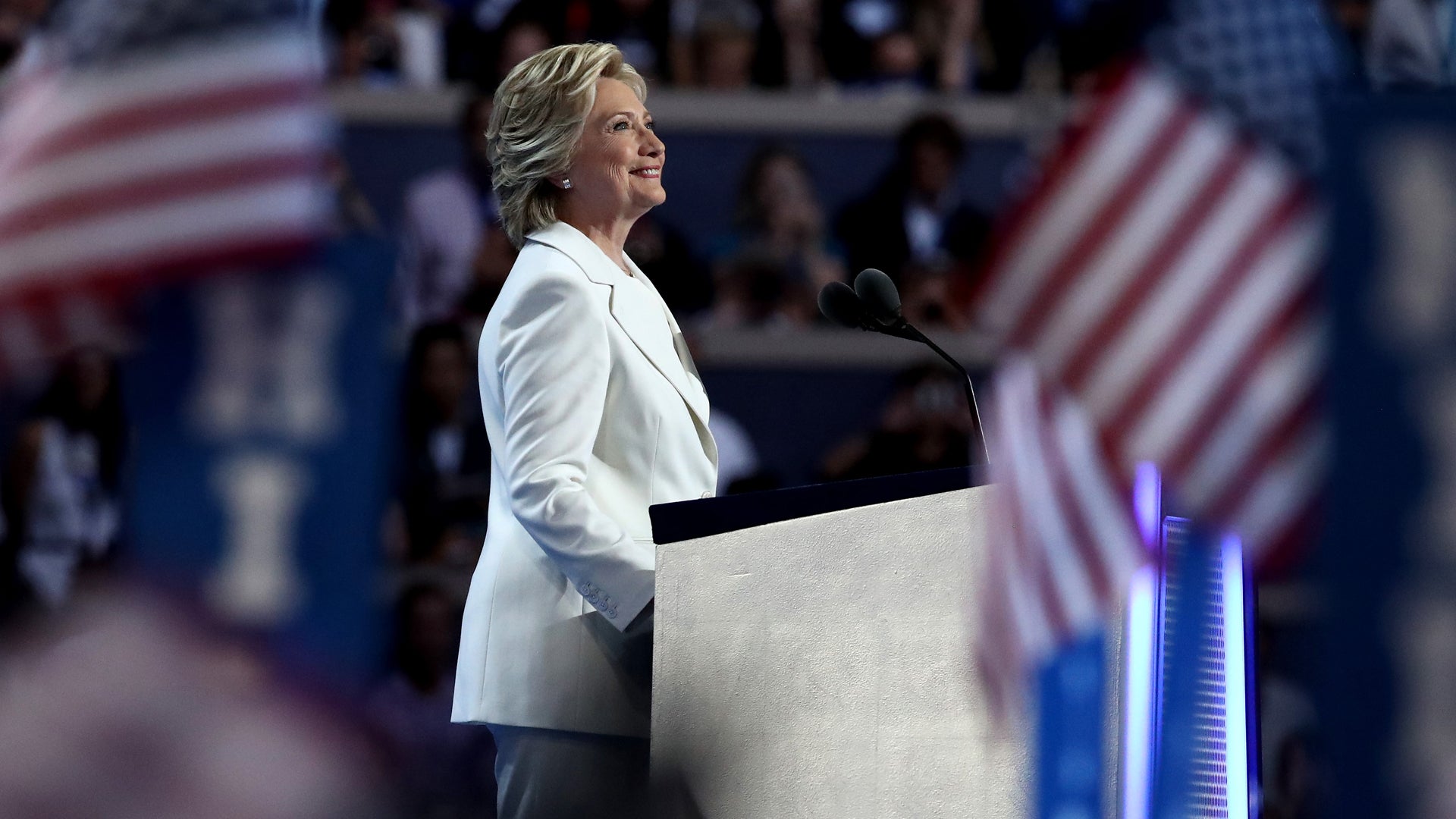
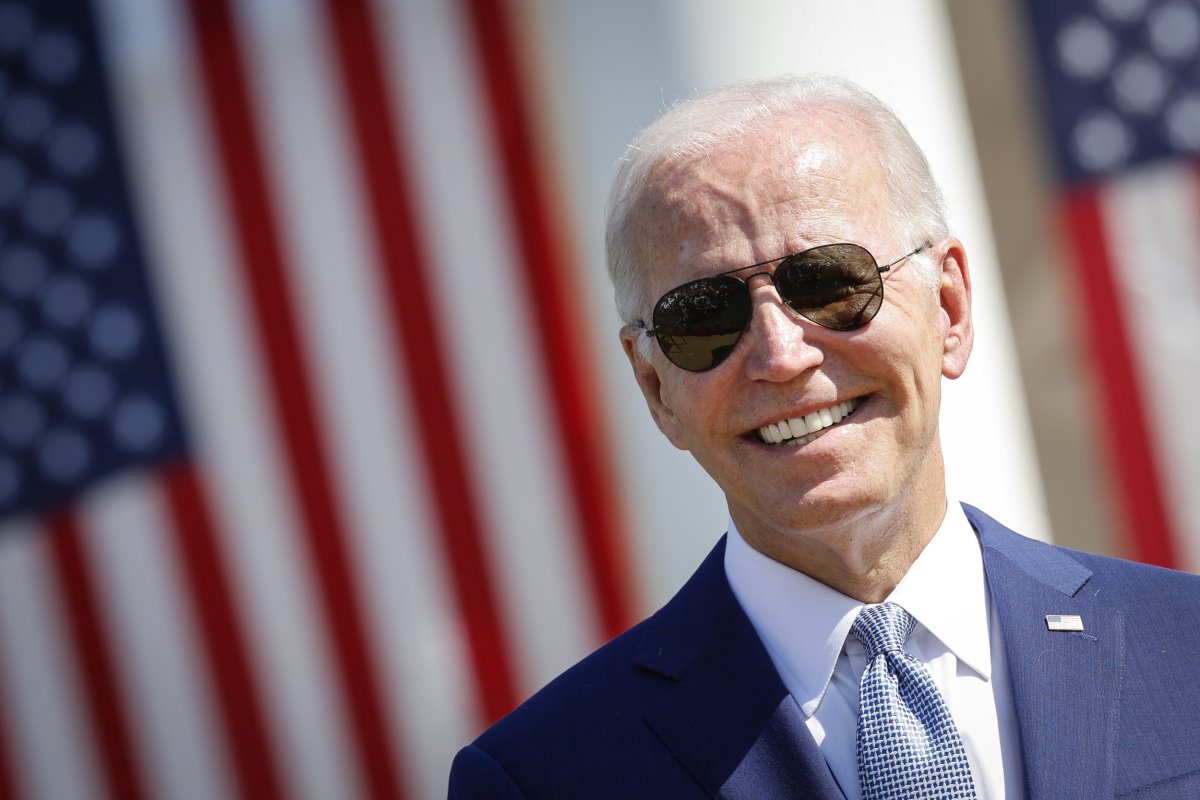
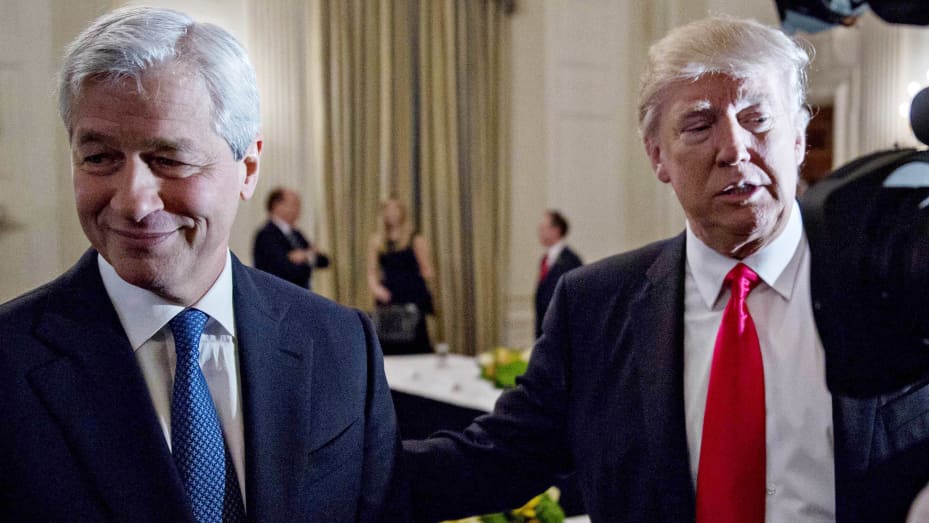










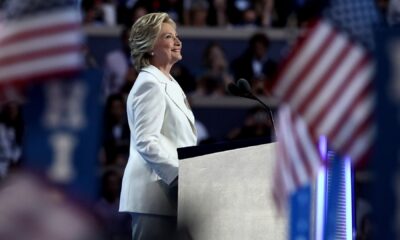

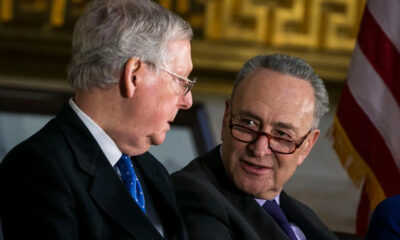



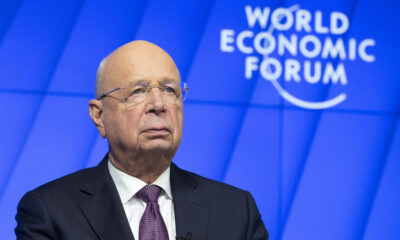

You must be logged in to post a comment Login